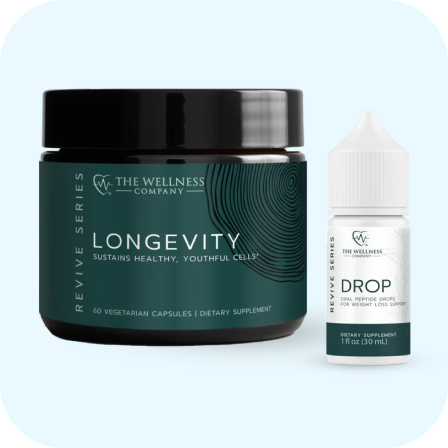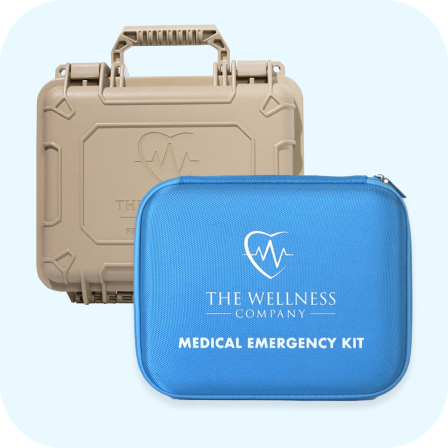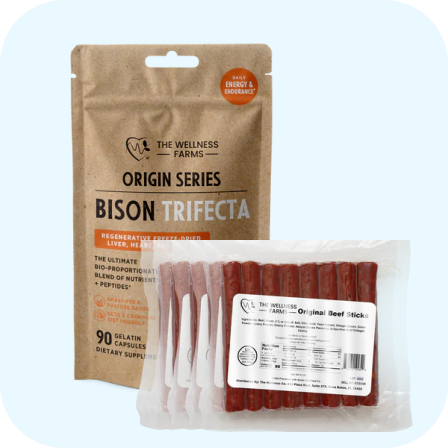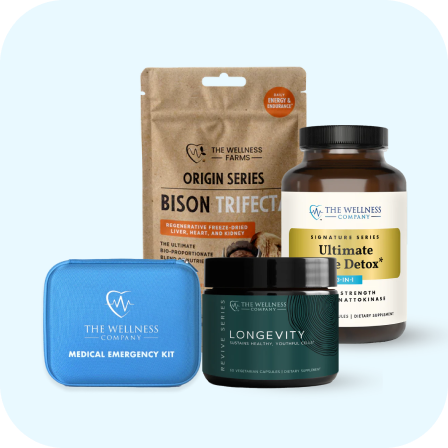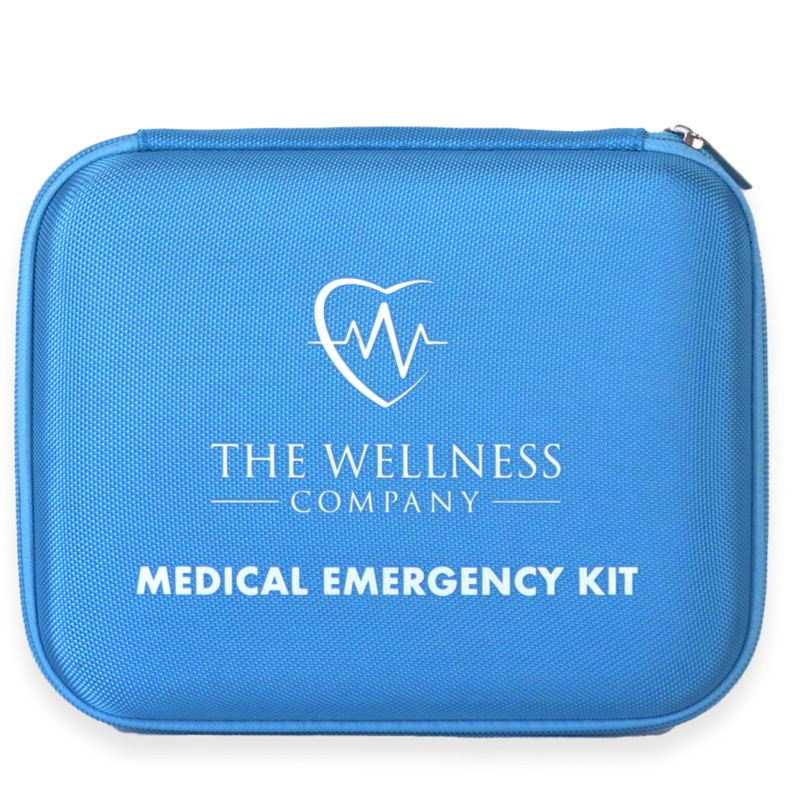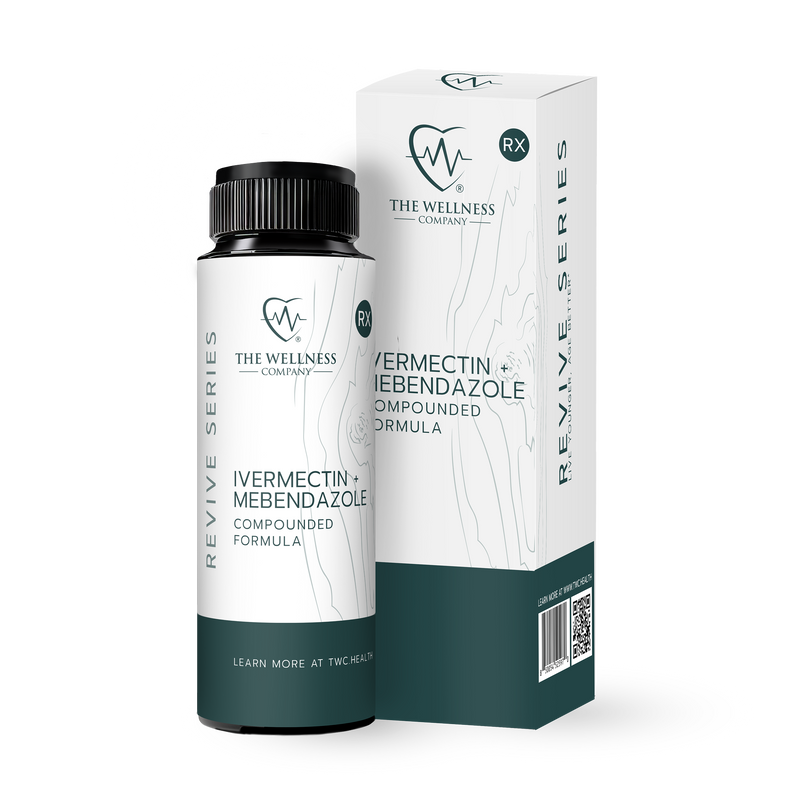Allergies Can Strike Anywhere, Any Time. Be Prepared.
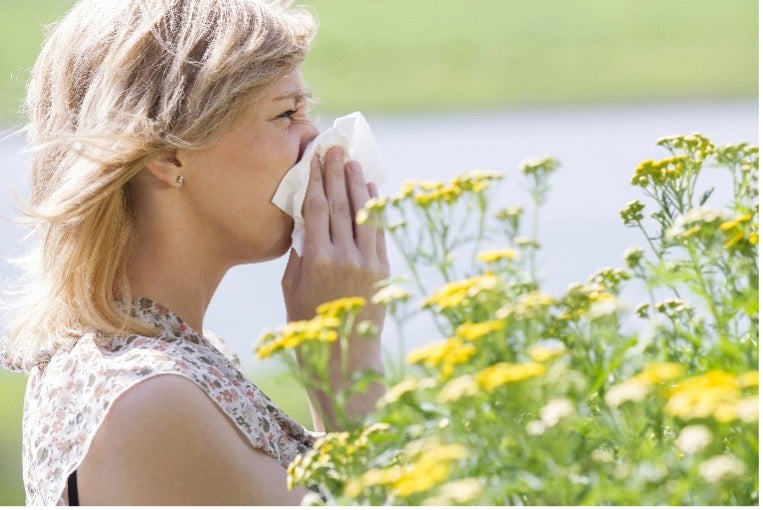
Traveling is an exhilarating experience that broadens our horizons, but for those with allergies, it can also present unique challenges. Whether you're allergic to foods, insect stings, or environmental factors, careful planning and preparation will help ensure a safe and enjoyable trip. The first thing to know about allergies is:
Allergies can attack, anytime, anywhere.
Whether you are a seasoned traveler to a familiar destination or are exploring other adventures, allergies can be quite unpredictable.
You may have visited your destination several times in the winter when flowers aren’t blooming and pollen isn’t at its all-time high. Mosquitos and other stinging insects could be out in full force this time around, which can make your vacation miserable.
Allergens you may not have been allergic to in the past, such as:
- Pollen from trees, flowers, and grass
- Food allergies, such as gluten, dairy, tree nuts (especially peanuts), eggs, soy and shellfish
- Insect bites and stings
- Contact dermatitis from plants such as poison oak or ivy
Can sneak up and leave you unprepared.
For those unexpected allergies
When visiting a new area (or an area you have visited at a different time of year), pollen, air quality, mold, and other environmental allergens can trigger allergic reactions, even if you aren’t prone to allergies. Your body can be sensitized to allergens you haven’t been exposed to before.
A stuffy nose, itchy eyes, rashes, and hives can turn your vacation into a miserable experience. The medications in Our Travel Emergency Kit have got you covered with antihistamine tablets for itchy watery eyes and stuffy noses and soothing cream for itchy skin to help relieve symptoms of unexpected exposures to allergens.
Here are a few tips that can help you avoid and manage common allergies.
Plan and pack wisely.
Do you have severe allergic reactions to bee stings or certain foods? If so, plan accordingly.
Have your EpiPen (if you use one) ready and available and a list of your known allergies, your care provider’s contact info, and extra cartridges in case your travel is delayed. Remember to pack extra asthma inhalers if you have asthma. Carry a medical ID card or wear a bracelet that clearly states your allergies and emergency contact information. If you have food allergies, pack allergy-free snacks before you embark on your vacation.
If you will be visiting a mosquito/biting insect-prone area, pack repellant and long-sleeved clothing and pants to protect yourself from bites. Also, pack a mosquito net if you are camping or out in the open air so you don’t become a hungry mosquitoes meal.
Research Your Destination.
Visiting a new area can bring unexpected allergic reactions.
Different regions pose different allergen risks, so research your destination thoroughly. Check out online sources such as local weather websites for pollen levels, insect populations, and air quality, especially if you have seasonal allergies. Websites, travel guides, and online forums can provide valuable insights from fellow travelers with allergies.
If you have food allergies, read up on reviews on websites geared towards traveling with food allergies. Make a list of the “safe” restaurants that are careful to prepare meals in an allergy free environment. Don't hesitate to ask about ingredients or potential cross-contamination risks when ordering food. Many restaurants are willing to accommodate dietary restrictions if given advance notice.
Plan Your Accommodations.
When booking your accommodations, choose allergy-friendly options whenever possible. Many hotels now offer hypoallergenic rooms with features such as allergy-resistant bedding and air purification systems. If this isn’t possible, run the air conditioner in the room to remove pollen and allergens. If you are especially sensitive to detergent residues, consider packing a sheet and pillowcase to prevent itchy skin rashes and hives.
Familiarize yourself with local emergency services and healthcare facilities at your destination. Always keep your allergy medications accessible. Be sure your travel companions are aware of how to administer them in case of an emergency.
Even with careful planning, allergic reactions can still occur unexpectedly. Mild allergic reactions can easily be handled with our Travel Emergency Kit.
Natural Remedies for Allergy Symptoms
(Just because something is labeled “natural” doesn’t mean it doesn’t have side effects or can interact with medications. Do your due diligence and if under medical care, consult your healthcare professional for guidance)
Natural remedies for allergy symptoms have been around for a long time. They tend to be effective but can take time, unlike allergy relief medications and creams.
Stinging Nettle (Urtica dioica):
Stinging nettle is a plant known for its medicinal properties, including its ability to relieve allergy symptoms. Research suggests that nettle leaf extract may possess anti-inflammatory and antihistamine properties, making it effective in reducing allergic reactions such as sneezing, itching, and nasal congestion. A study from the National College of Naturopathic Medicine found that stinging nettle use for allergy relief was rated higher than placebos in a 69-person, randomized, double-blind study.
How to use nettles: Brew nettles as a tea, or take them as a capsule in powdered form.
Quercetin:
Quercetin is a flavonoid found in many fruits, vegetables, and herbs. It has antioxidant and anti-inflammatory properties that may help alleviate allergy symptoms by stabilizing mast cells and reducing the release of histamine.
How to benefit from quercetin: Consume foods rich in polyphenol-rich foods such as include onions, apples, citrus fruits, and leafy greens.
Butterbur (Petasites hybridus):
Butterbur is a member of the sunflower family of plants, it is related to the dandelion, marigold, dahlia, safflower, thistle, and artichoke Studies have shown that butterbur extract may be effective in relieving symptoms of allergic rhinitis, such as sneezing, nasal congestion, and itchy eyes. It works by inhibiting the production of leukotrienes, inflammatory chemicals that play a role in allergic reactions. It is also used to relieve and reduce allergy symptoms.
How to use butterbur: Butterbur is widely available in capsule form and also can be made into an allergy-relieving tea from dehydrated leaves.
Raw, local Honey:
Consuming locally sourced honey is a popular folk remedy for allergy symptoms. While scientific evidence is limited, some studies suggest that honey may help desensitize the body to pollen allergens over time, reducing allergic reactions.
How to use honey: Be sure to choose raw, local unprocessed honey for maximum potential benefits. It can take several months to desensitize to the local pollen.
Propolis:
Propolis is a mixture of pollen and beeswax collected by bees from certain plants and trees. Bees use it to build their hives. It might contain other products from the bees collecting pollen. It should be used with caution; however, it has documented anti-allergic, anti-inflammatory, and antioxidative effects that cannot be ignored.
How to use propolis: Propolis is available in a variety of forms, such as capsules, creams, ointments, gels, and mouth rinses. Use according to your needs.
References
- Mittman P. Randomized, double-blind study of freeze-dried Urtica dioica in the treatment of allergic rhinitis. Planta Med. 1990 Feb;56(1) 44-47. doi:10.1055/s-2006-960881. PMID: 2192379.
- Roschek B Jr, Fink RC, McMichael M, Alberte RS. Nettle extract (Urtica dioica) affects key receptors and enzymes associated with allergic rhinitis. Phytother Res. 2009;23(7):920-926. doi:10.1002/ptr.2763
- Jafarinia M, Sadat Hosseini M, Kasiri N, Fazel N, Fathi F, Ganjalikhani Hakemi M, Eskandari N. Quercetin with the potential effect on allergic diseases. Allergy Asthma Clin Immunol. 2020 May 14;16:36. doi: 10.1186/s13223-020-00434-0. PMID: 32467711; PMCID: PMC7227109.
- Mlcek J, Jurikova T, Skrovankova S, Sochor J. Quercetin and Its Anti-Allergic Immune Response. Molecules. 2016;21(5):623. Published 2016 May 11. doi:10.3390/molecules21050623
- Danesch UC. Petasites hybridus (Butterbur root) extract in the treatment of asthma--an open trial. Altern Med Rev. 2004 Mar;9(1):54-62. PMID: 15005644.
- Schapowal A. Petasites Study Group. Randomized controlled trial of butterbur and cetirizine for treating seasonal allergic rhinitis. BMJ. 2002;324(7330):144-146. doi:10.1136/bmj.324.7330.144
- Abdulrhman M, El-Hefnawy M, Aly RH, Shata A, Mostafa T. Effects of Honey, Sucrose and Fructose on Blood Glucose and Lipid Profile in Healthy Young Persons: A Randomized Controlled Crossover Trial. J Clin Diagn Res. 2016;10(2):BC04-BC07. doi:10.7860/JCDR/2016/15836.7130
- Oršolić N. Allergic Inflammation: Effect of Propolis and Its Flavonoids. Molecules. 2022 Oct 8;27(19):6694. doi: 10.3390/molecules27196694. PMID: 36235230; PMCID: PMC9570745.
Written by Brooke Lounsbury








